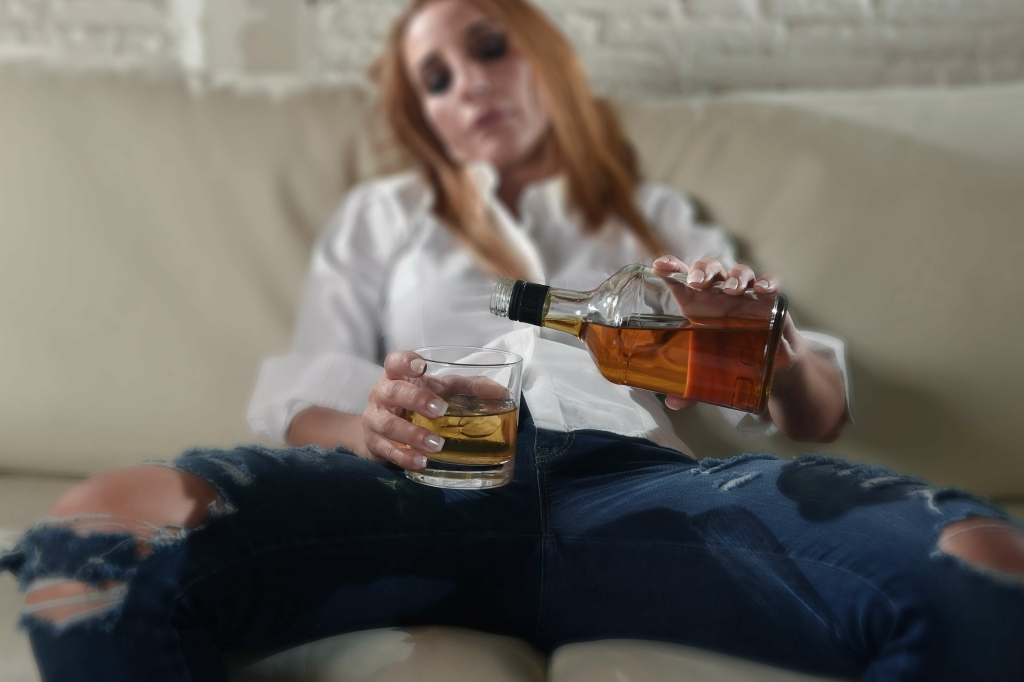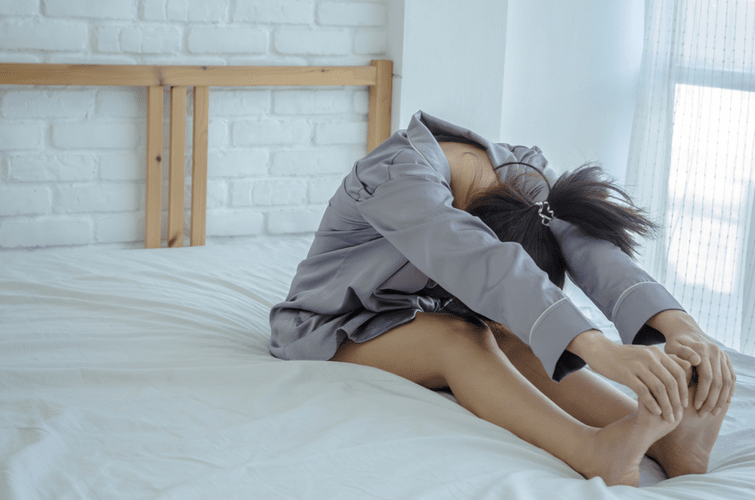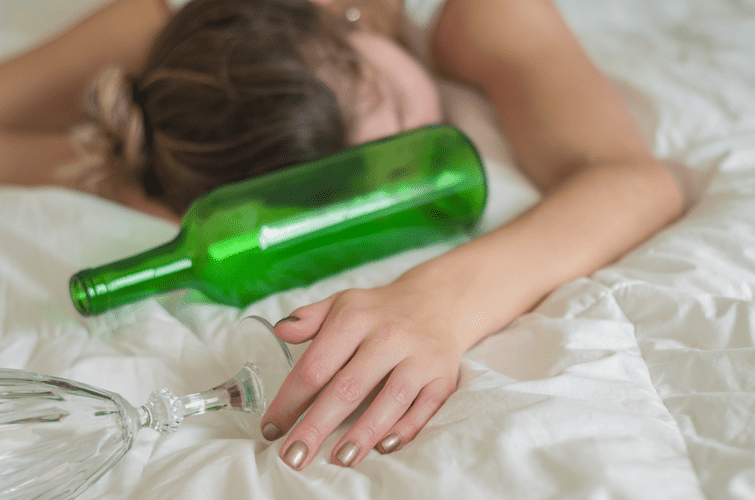The Mayo Clinic lists alcohol consumption as one of several factors that can disrupt sleep and contribute to night sweats. As alcohol leaves your system, your body works to correct this temperature imbalance, often resulting in excessive sweating as part of this regulatory process. According to the National Institute on Alcohol Abuse and Alcoholism (NIAAA), some people experience a more pronounced reaction due to genetic factors that affect how their body processes alcohol. Since alcohol disrupts your body’s temperature regulation, it can also cause further sweating as the night goes on. While many people naturally experience a body temperature drop overnight as they sleep, studies show alcohol might actually block this natural cycle when one is intoxicated. This can contribute to alcohol-related insomnia, and be especially bothersome for women during menopause.

Alcohol consumption can contribute to night sweats through various mechanisms. One way alcohol impacts the body is by inducing vasodilation, causing the blood vessels in the skin to widen and the sweat glands to become more Twelve-step program active. If you’re a regular drinker and find you’re waking up with night sweats after drinking, it could be a sign of alcohol withdrawal.
#4 Check Your Anxiety Levels for Better Performance
However, if you find yourself drinking often enough that sweating from alcohol is a common issue, it may be worth cutting back on how much you consume. Excessive drinking has numerous impacts on your body and mind, ranging from mild to severe. Sunnyside is the leading alcohol health platform focused on moderation and mindfulness, not sobriety.

Alcohol affects nearly every organ system in the body, and its impact on the body’s ability to regulate temperature is significant. Consuming alcohol can lead to peripheral vasodilation, where blood vessels expand, increasing blood flow to the skin and reducing core body temperature. This process can trigger the body’s thermoregulatory response, resulting in excessive sweating, even during sleep. When an individual stops or reduces their alcohol intake, withdrawal symptoms can occur within a few hours or several days. Sweating, clammy skin, and night sweats are common symptoms of alcohol withdrawal. These symptoms are a result of the body adjusting to the absence of alcohol and can last for several days.
How Samba Recovery Uses Storytelling as a Therapeutic Tool
Most hangovers only last a few hours, but some can last for upwards of 2 days. Also, some people drink alcohol as a coping mechanism to deal with social anxiety. Cold drinks can cause the body to become rapidly cooled, which can lead to shivering. Additionally, it is important to avoid mixing drinks with cold liquids, such as soda or juice, as this can cause a sudden drop in body temperature.
Our mental health services
The kidneys are responsible for filtering waste products and excess fluids from the blood. The extra workload and toxic effects of alcohol can wear down the kidneys, potentially leading to kidney damage 2. So while you might feel hot and sweaty the next time you have a few beers, you body temperature is actually much lower than normal. If you experience these types of symptoms without the extreme severity, it’s like that you’re dealing with alcohol intolerance, or alcohol flush reaction. Our faces redden, sweat drips, and we begin overheating as if someone turned up the thermostat. Discover expert tips on how to slowly detox from alcohol at home, helping you manage withdrawal symptoms in a safe and controlled way.

However, there is no direct evidence linking caffeine intake to increased sweat production in response to alcohol. Excessive sweating from alcohol can lead to discomfort, social embarrassment, and stained clothing. Moreover, it may contribute to dehydration, electrolyte imbalances, and worsening hangover symptoms. The duration of alcohol-induced sweating can vary from person to person. Generally, it takes a few hours for alcohol to completely leave your system and for your body temperature to regulate.
- When you drink alcohol, your body rushes to manage the toxic chemicals that you are adding to your system.
- Duration of symptoms can vary depending on the amount of alcohol a person has consumed, the rate at which their body processes alcohol, and their overall health.
- However, the liver has a limited capacity to process alcohol, and excessive alcohol consumption can overwhelm its metabolic capabilities.
- Some people suffer from a condition called alcohol intolerance which causes them to have a negative reaction to consuming alcohol.
- It is best to go with underwear that is made from new types of fabrics that have moisture wicking technology.
This form of alcohol intolerance is why does alcohol make you hot less common, and primarily occurs in two situations. All three of these conditions happen for different reasons, and can vary in severity. Alcohol’s diuretic effect, which increases urine production, can contribute to dehydration and further impact kidney function. Dehydration can strain the kidneys and impair their ability to properly filter waste.
Alcohol can worsen anxiety symptoms, including feelings of worry and panic. The rates at which different people break down alcohol vary considerably. Cleanbreak Recovery offers a holistic approach to overcoming substance abuse and addiction and support for lasting Recovery.
The changes to temperature levels around these organs can end up triggering sweat production. Drinking and sweating tend to be connected due to the way your body processes sweat. Sweat is a fluid naturally formed by eccrine and apocrine glands in your body. They can be affected by things like increased body temperature, muscle contractions, and adrenaline hormones. Normally, your body releases sweat to cool you down and expel waste products.
Hot weather
- Remember, it’s essential to consult a healthcare provider for proper diagnosis and treatment recommendations tailored to your individual situation.
- If your night sweats persist or significantly impact your quality of life, it’s important to seek medical advice.
Getting night sweats from alcohol consumption may indicate symptoms of a drinking problem. One of the most common symptoms of alcohol intolerance is facial flushing, which can also cause excessive sweating. Francisco Church is a rehabilitation specialist and the chief editor of Recovery Ranger. He creates this site to offer guidance and support to individuals seeking to overcome addiction and achieve lasting sobriety.